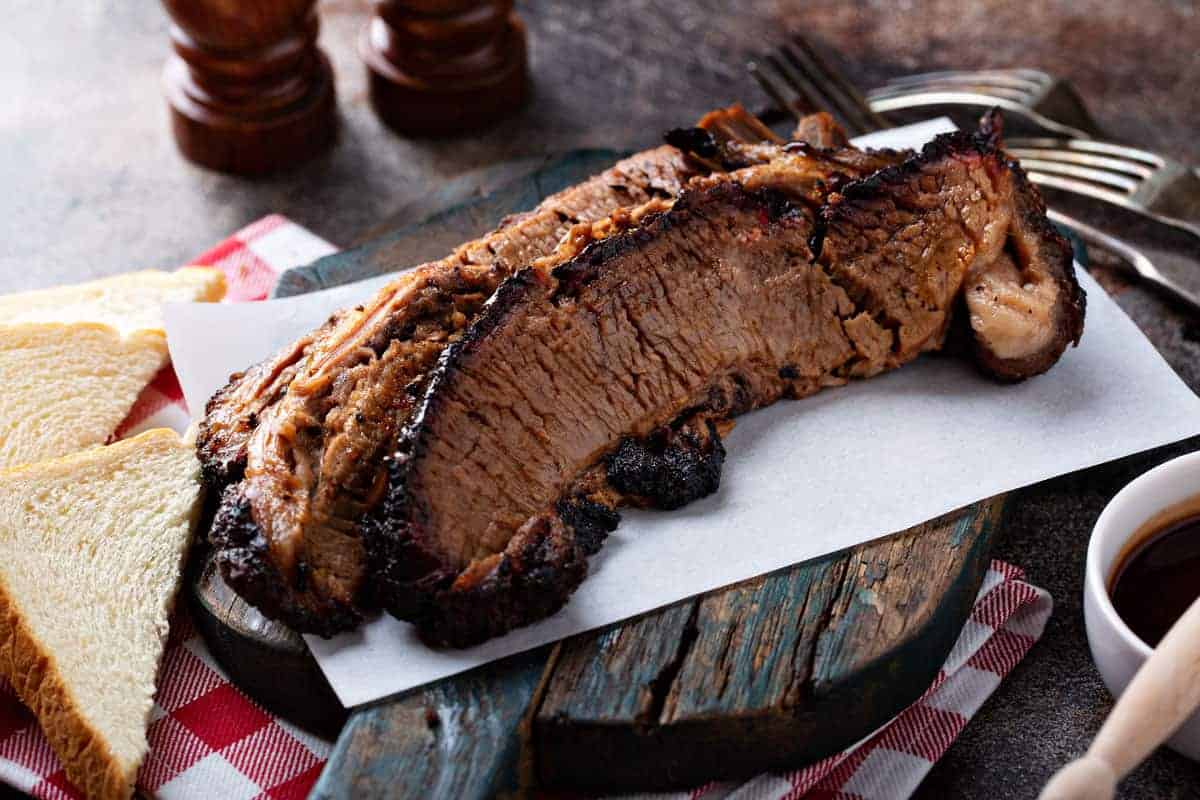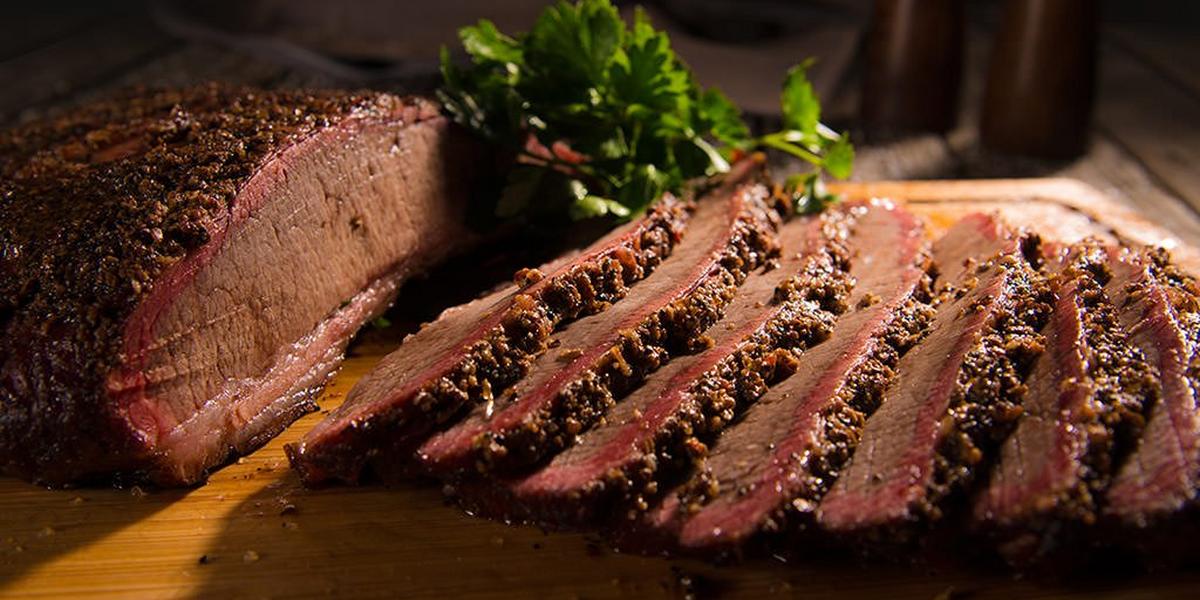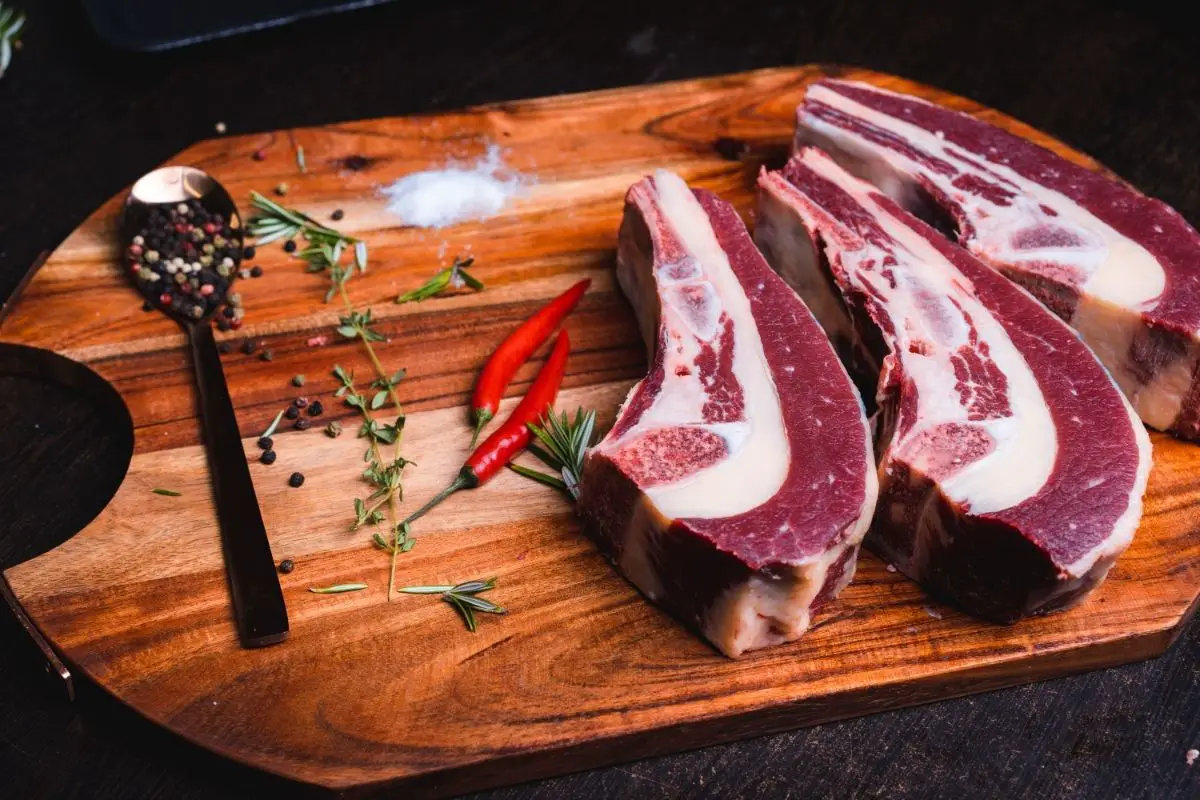Should You Brine Brisket: Unlocking the Secrets to Perfect Barbecue
Brisket, a popular cut of beef known for its rich flavor and tenderness, has gained a cult-like following among barbecue enthusiasts. However, achieving the perfect brisket can be a daunting task, as it requires careful preparation and cooking techniques. One question that often arises in the realm of brisket aficionados is whether or not to brine the meat. In this article, we will delve into the topic and explore the benefits and considerations of brining brisket.
I. Understanding Brining
Before we can decide whether or not to brine brisket, it's important to understand the process of brining itself.
Brining involves soaking the meat in a solution of salt, water, and occasionally other flavor-enhancing ingredients.
This technique is primarily used to enhance the meat's moisture content and flavor, resulting in a juicier and more flavorful final product.
II. The Brining Process
To brine a brisket, you'll need a brine solution consisting of water, salt, and optional flavorings such as herbs, spices, or sugar.
The brisket should be fully submerged in the brine solution and refrigerated for a specific period, allowing the flavors to penetrate the meat.
The duration of brining depends on the size and thickness of the brisket, typically ranging from a few hours to overnight.

should you brine brisket
III. Benefits of Brining Brisket
1. Enhanced Moisture Retention
Brining helps the brisket retain moisture during the cooking process.
The salt in the brine solution breaks down the proteins in the meat, allowing it to absorb more moisture and resulting in a juicier end product.
2. Improved Flavor Profile
Brining imparts additional flavors into the brisket, especially when using herbs, spices, or other aromatic ingredients in the brine solution.
This can elevate the taste profile and create a more complex and enjoyable eating experience.
IV. Considerations for Brining Brisket
1. Sodium Content
Brining involves using salt, which adds sodium to the meat. If you are watching your sodium intake, brining might not be the best option for you.
However, you can adjust the salt concentration in the brine or opt for shorter brining times to mitigate the sodium content.
2. Texture and Firmness
Some barbecue purists argue that brining can affect the texture and firmness of the brisket.
They prefer a more traditional approach, relying on seasoning rubs and smoking techniques to achieve desired tenderness and flavor.

should you brine brisket
V. Alternatives to Brining
If you choose not to brine your brisket, there are alternative methods to enhance its flavor and moisture content.
Preparing a flavorful dry rub, injecting marinades, or utilizing a basting sauce during cooking are viable alternatives that can yield excellent results.
VI. Personal Preference and Experimentation
Ultimately, the decision to brine brisket comes down to personal preference and experimentation. Some pitmasters swear by brining, while others achieve excellent results without it.
It's important to try different techniques and find what works best for your taste preferences and cooking style.

should you brine brisket
VII. Conclusion
When it comes to brining brisket, there is no definitive answer. The choice to brine or not depends on individual preferences, dietary considerations, and desired outcomes.
Brining can enhance moisture retention and add complex flavors, but it may also affect texture and increase sodium content.
Experimenting with different methods and finding the approach that suits your palate is key to mastering the art of preparing the perfect brisket.
So, should you brine brisket? The answer lies in your own barbecue journey.